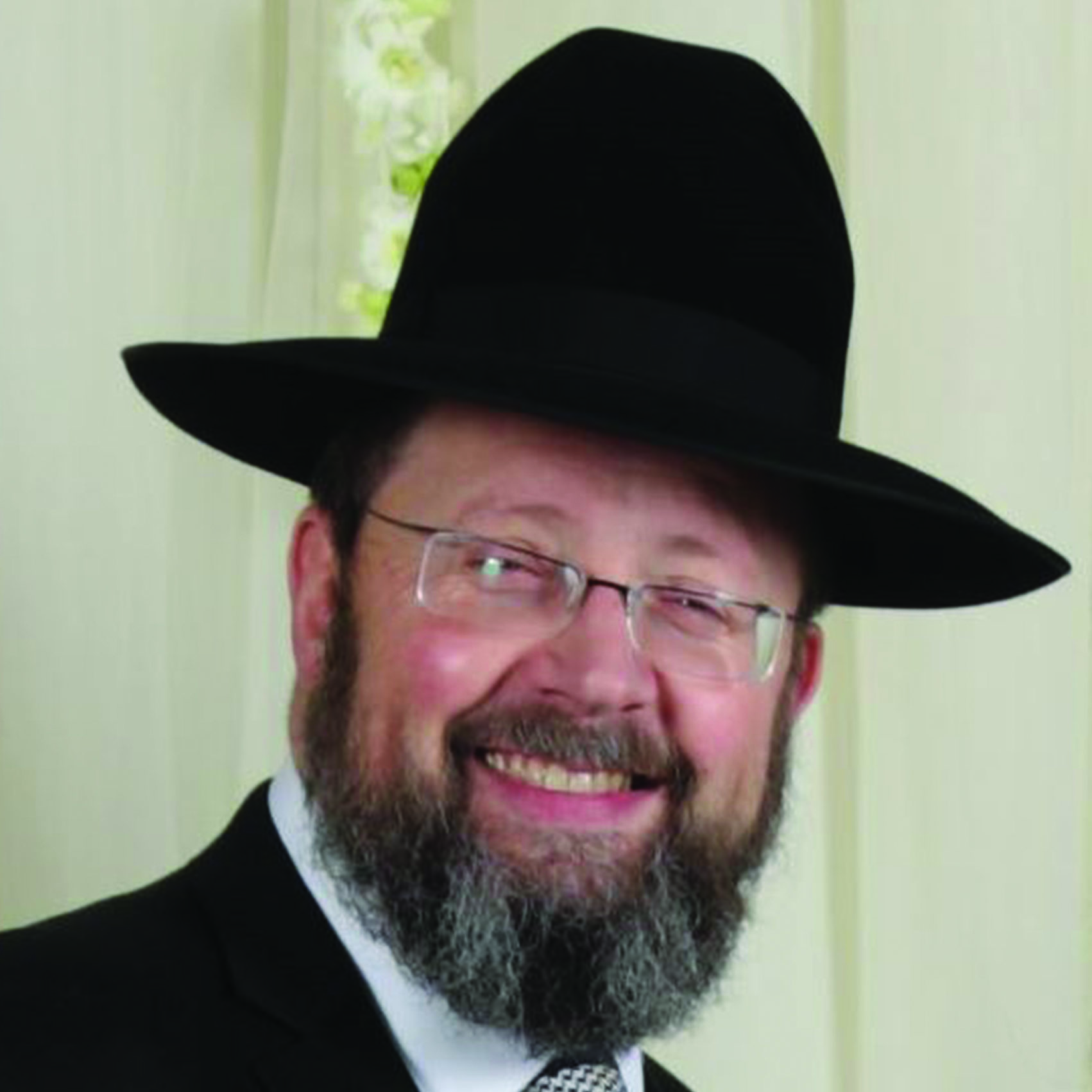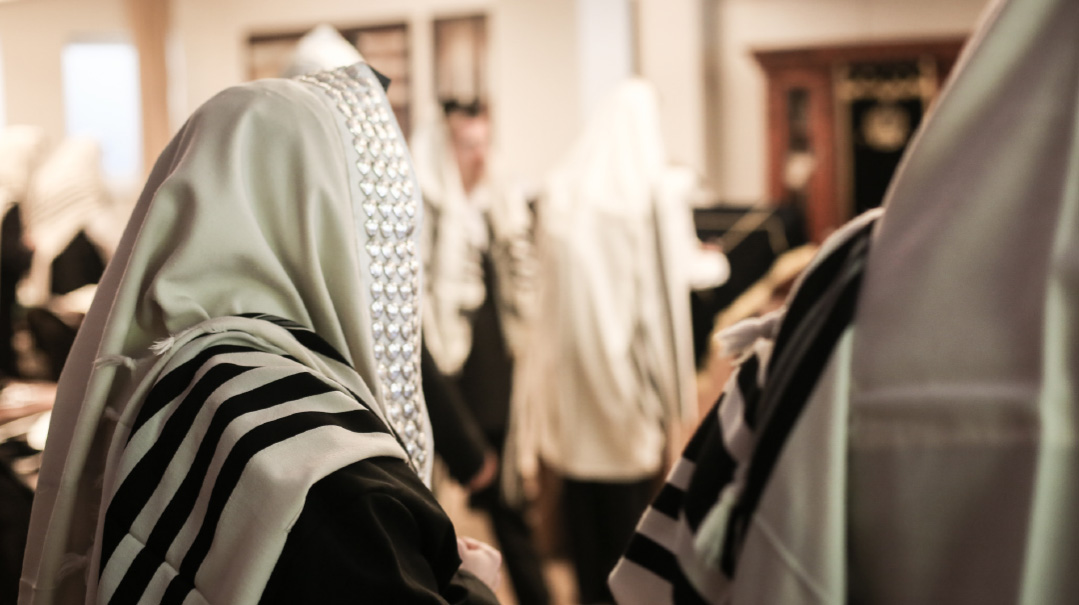A Din Torah Has No Losers

"We should go to a din Torah," I said, "to learn how the Torah wants us to resolve our conflict"
Shoftim v’shotrim….
True story from some several years ago.
I am sitting in the back seat of a cab in Yerushalayim, as a colleague and I go recruiting for a yeshivah we are involved with. The monit driver is an elderly Israeli Jew, the type of fellow who cannot understand a blatt Gemara but who has never missed a minyan in his life… and in front of whom you would not even dare think about schmoozing in shul.
We arrive at our next hunting grounds — an American yeshivah with a bountiful crop of bochurim on the way back to the US — just the profile we are looking for. I am sitting on the street side of the car, and after paying the driver, I swing the car door open, when suddenly…
Crash! A full-size tour bus slams into the car door and yanks it forward. Serious damage to the car door and Israeli-style havoc ensue, with everyone yelling in rapid-fire Ivrit, of which I cannot understand a word.
It turns out that the tour bus that hit the car door was in fact a tender from the Mir taking the yungeleit home after first seder, and it was driven by a Mirrer yungerman. So after the dust settles, I take stock of the litigants — myself, a kollel bus driver, and an erlicher taxi driver — and declare, “Great. We have a din Torah.”
I have a sudden flashback to about ten years earlier, when I was working for a relative with whom I had, and still have, a very fine relationship. An issue arose as to whether he owed me $10,000 — not an insignificant sum, mind you, not then and not now. A lomdishe guy, he claimed that while the money was owed, he was not the responsible party. I countered with some lomdus of my own that he was.
We reached an impasse, so I said, “Okay, I guess we should go for a din Torah.”
It was like I had dropped a bomb.
A DIN TORAH! He looked at me incredulously. I could see he was thinking, Have we suddenly become mortal enemies? Is he taking me to a din Torah, with hazmanos and seruvin and ikkuls, and ZaBlahs… and lions and tigers and bears, oh, my!
I responded to his unspoken fears. It’s called conflict resolution. In every case involving a monetary claim, each party is 100 percent positive he is correct — and, more often than not, each person’s story is completely at odds with his adversary’s. So, I explained, we should go to a din Torah to learn how the Torah wants us to resolve our conflict. What could be more beautiful than that?!
I am not taking to you a din Torah. We are both proudly marching into the court to find out how Hashem wants us to resolve our conflict.
Ad HaElokim yavo devar shneihem. What could be a greater sign of allegiance to Hashem than this!
As an aside: Whenever someone calls me with a Choshen Mishpat question, I tell him or her the following. Firstly, as soon as you tell a rav your side of the story without the other side present, you disqualify him from serving as a dayan. Secondly, whatever I say in answer to your question is almost completely irrelevant. Because I may be able to tell you the halachah according to your version of the events, but I am positive that the other fellow has a completely different version.
If you ask me, any rav who answers a mispallel’s Choshen Mishpat question without listening to both sides is doing a disservice not only to the other fellow but even to the questioner. Because by doing so, he is reinforcing this questioner’s position, who will now feel he has his rav “on his side,” and this will just make the eventual din Torah all the more polarized.
But I digress… We return to the scene of the accident.
The other two fellows first look at me with surprise, so I ask them if they have an idea better than a din Torah… and they eventually come around.
Two days later, the three of us find ourselves in a dorm room in the Mir, and the dayan is none other than Rav Nissan Kaplan. He listens to our arguments, and he says he will get back to us the next day. So we reconvene the following day, and guess what? I am found liable — something about the bus being a “ruach metzuyah” and me being a mekarev davar eitzel ha’eish — and I have to cough up $600.
Sure, there is a smidgen of disappointment, but it is with pride that I submit myself to the judgment of Elokim, Who is nitzav b’adas Keil. Maybe I should have even sung a little niggun. After all, “One who leaves beis din, having lost his shirt, should sing a niggun, as he goes on his way” (Sanhedrin 7a).”
Because in a true din Torah, there are no losers.
Only winners.
(Originally featured in Mishpacha, Issue 824)
Oops! We could not locate your form.






